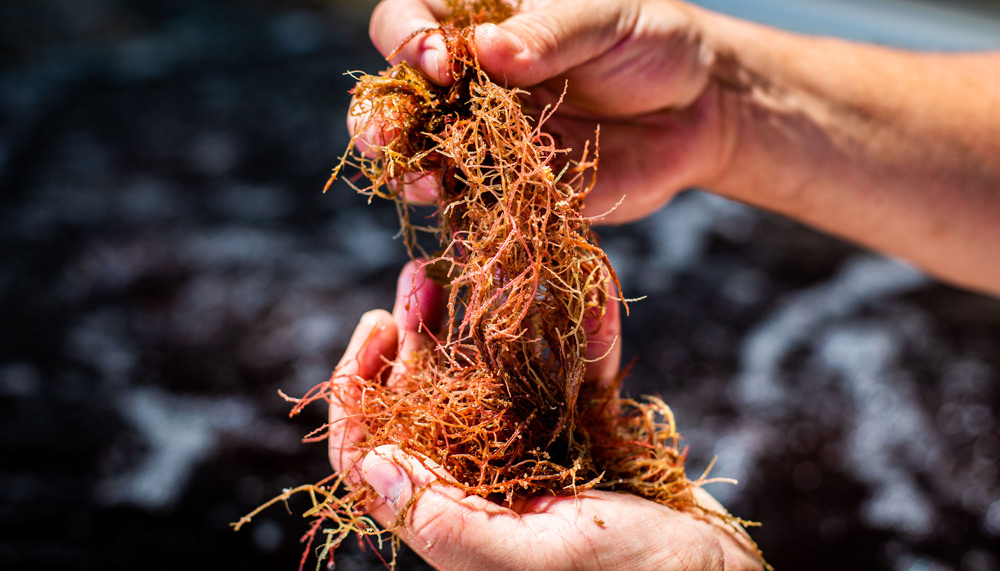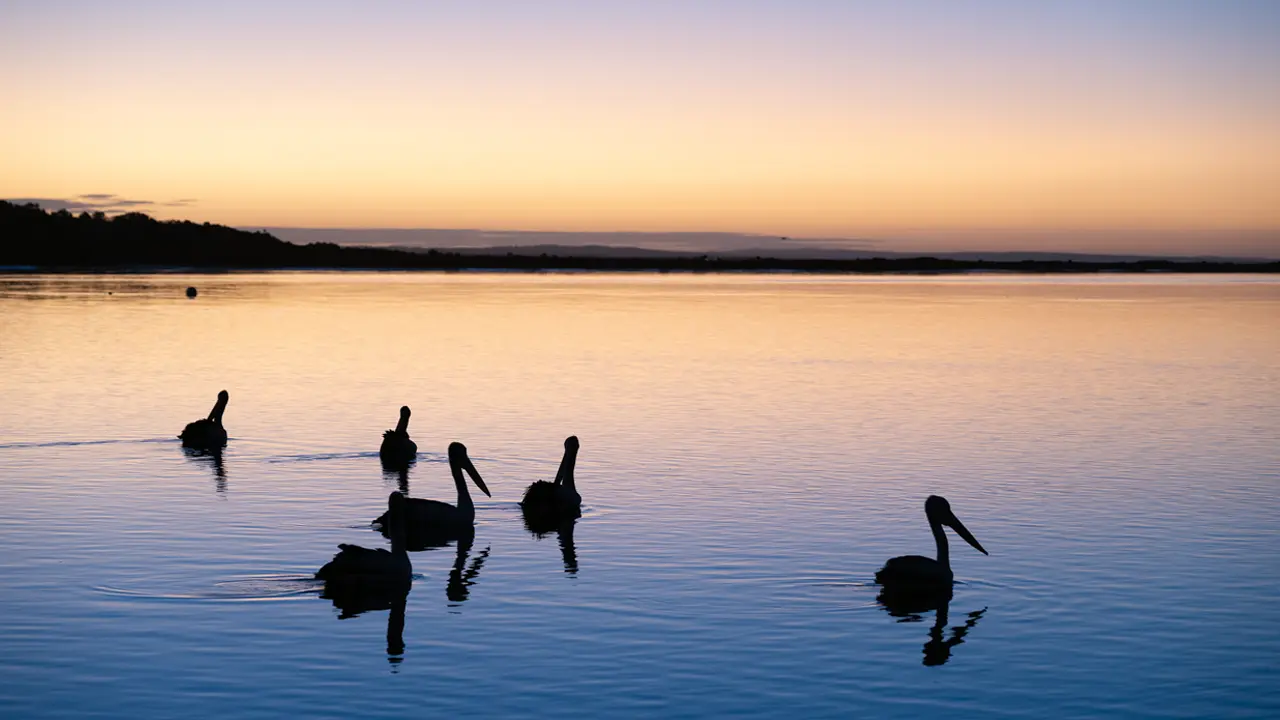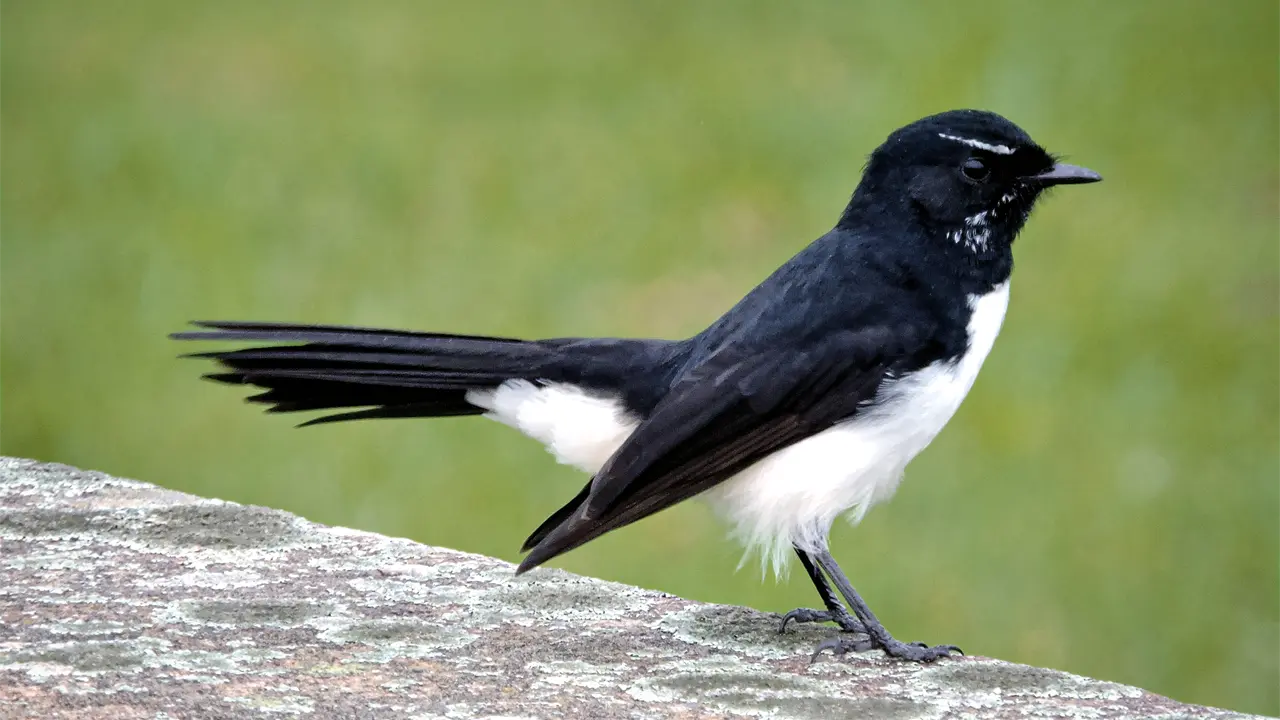The consumption of a native Australian algae could help reduce greenhouse gas emissions from livestock.
Story Lucy Taylor
"The journey for me started in Nova Scotia, Canada,” says Dr Rob Kinley, a research scientist with the Commonwealth Scientific and Industrial Research Organisation (CSIRO). “An innovative farmer Jo Dorgan noticed that the cows he had in a beachfront paddock were performing better than the rest and the only difference was the availability of seaweed on the beach.”
For more than a decade Rob has been investigating the benefits of seaweed – in particular, what happens when it is introduced into the diet of ruminants. Globally there are 1.3 billion individuals who rely on the livestock industry for their livelihoods. This number is steadily increasing as livestock production becomes integral in addressing worldwide food and economic poverty. However, it is widely known that when sheep and cattle belch they release methane, a greenhouse gas, into the atmosphere. It has been proven that this gas has 28 times more impact on short-term global temperatures than carbon dioxide. According to the CSIRO, about 20% of the world’s total human-made greenhouse gas emissions come from livestock production.
These staggering figures are what led Rob from Canada to Australian shores and to a discovery that not only has the potential to curb methane emissions produced by livestock, but to also improve farm profitability, without an adverse impact on livestock productivity.
This story excerpt is from Issue #136
Outback Magazine: Apr/May 2021










